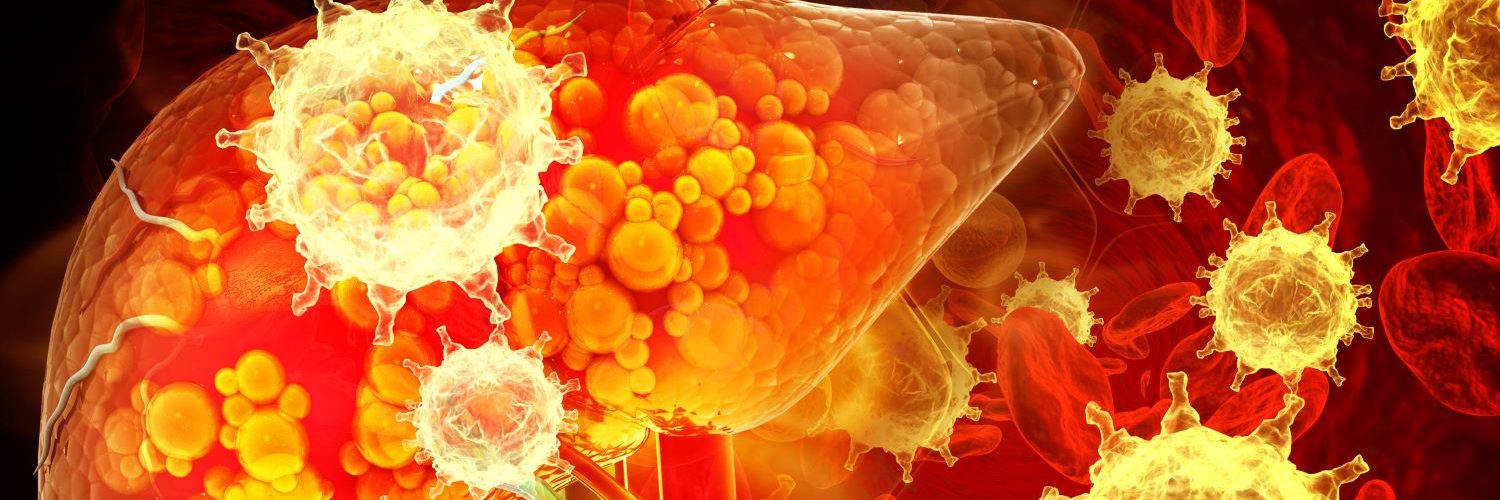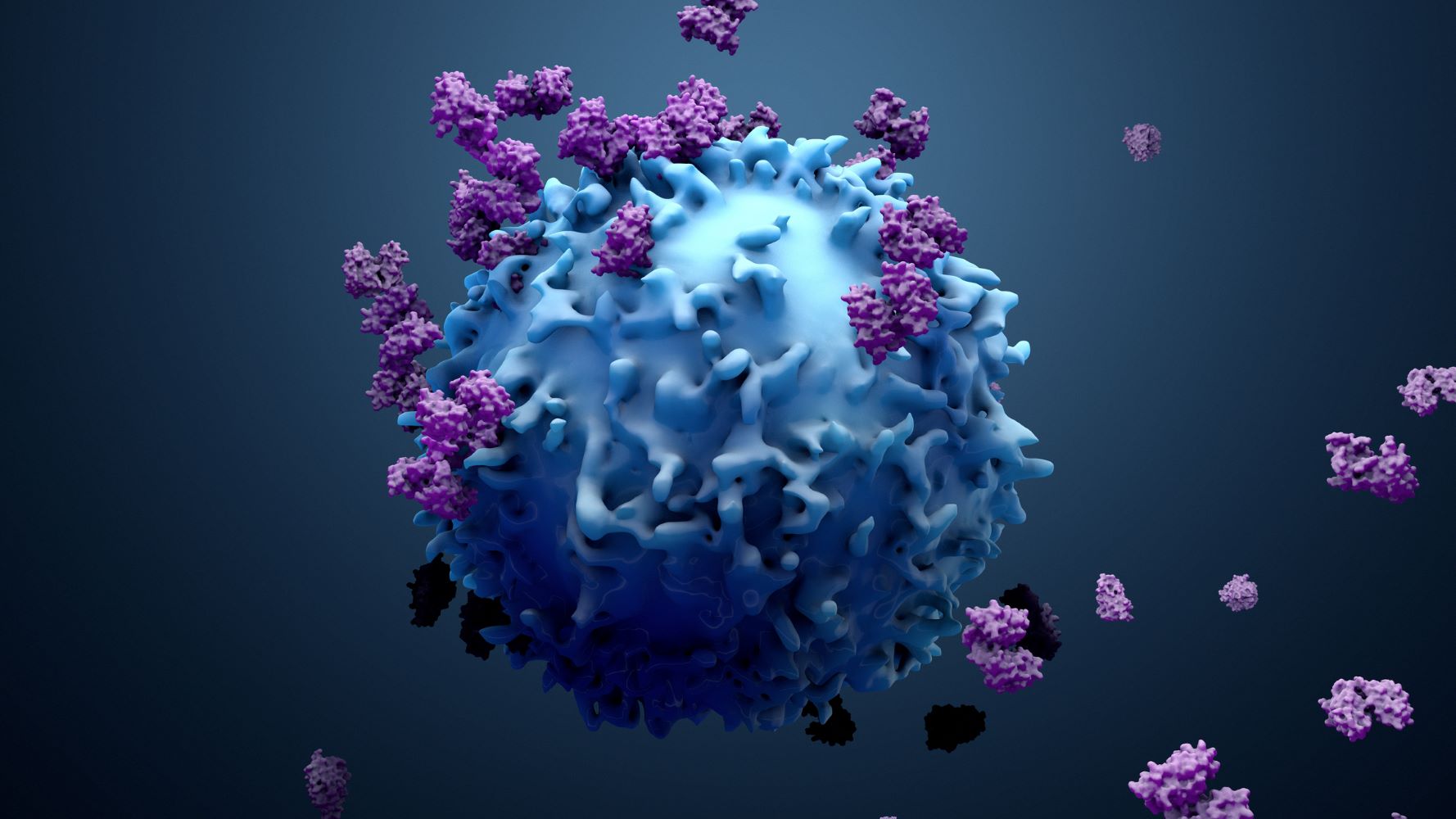Photo Credit: Champpixs
The following is a summary of “Single-cell Atlas of Penile Cancer Reveals TP53 Mutations as a Driver of an Aggressive Phenotype, Irrespective of Human Papillomavirus Status, and Provides Clues for Treatment Personalization,” published in the April 2024 issue of Urology by Elst et al.
Loss-of-function mutations in TP53 (TP53LOF) may serve as crucial drivers of poor prognosis and resistance to chemotherapy in both human papillomavirus (HPV)-independent (HPV–) and HPV-associated (HPV+) penile squamous cell carcinoma (PSCC). The study aims to elucidate the intricate transcriptomic variances within the PSCC microenvironment, stratified by TP53LOF and HPV status.
Researchers employed rigorous methods, including single-cell RNA sequencing (scRNA-seq) and T-cell receptor sequencing, to construct a comprehensive atlas of PSCC’s cellular architecture. They used targeted next-generation sequencing, and sequencing of HPV-DNA reads to discern TP53LOF and HPV status. The study’s findings were validated using Kaplan-Meier survival estimates in a large cohort of 541 patients with PSCC.
The study reveals that patients exhibiting aberrant p53 staining manifest significantly worse outcomes than those with either HPV– or HPV+ tumors and wild-type p53 expression. Utilizing scRNA-seq, the study group identified 65 distinct cell subtypes within 83,682 cells. TP53LOF tumors displayed characteristics indicative of a partial epithelial-to-mesenchymal transition, an immune-excluded milieu, angiogenesis, and invasiveness, underpinning their aggressive phenotype. Conversely, HPV– TP53WT tumors exhibited features suggestive of stemness and immune exhaustion, while HPV+ TP53WT tumors mirrored normal epithelial maturation, with upregulated antibody-drug-conjugate targets and activation of innate immunity. Although the scRNA-seq analysis offers unprecedented insights, the limited sample size necessitates validating these signatures in larger PSCC cohorts.
In summary, this groundbreaking study using scRNA-seq has provided profound insights into PSCC biology, particularly the prognostic disparities based on TP53 and HPV status. These findings have significant implications for developing novel biomarker-driven therapies, potentially revolutionizing the management of PSCC.
Source: sciencedirect.com/science/article/abs/pii/S0302283824022668



















